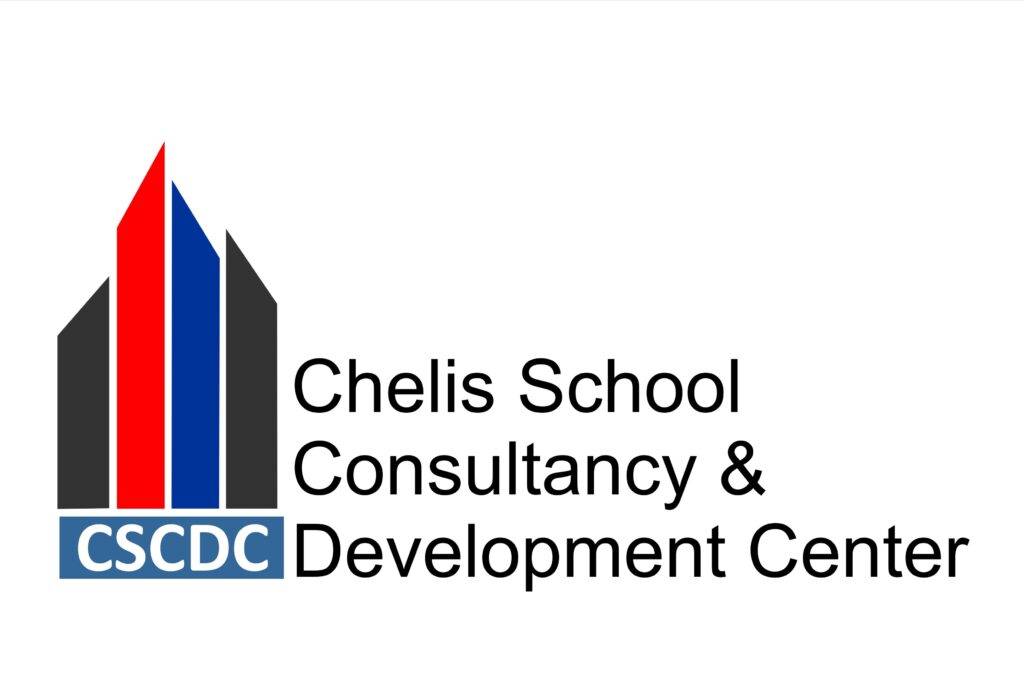About Course
The early years foundation stage (EYFS) sets standards for the learning, development and care of your child from birth to 5 years old. All schools and FME (Federal Ministry of Education)registered early years providers must follow the EYFS standards, including childminders, preschools, nurseries and school reception classes. It was introduced as part of the 2006 Childcare Act and must be followed by all FME-registered settings and childminders.
“The ways in which the child engages with other people and their environment – playing and exploring, active learning and creating, and thinking critically is pivotal to learning and development across all areas; lending support to the child to remain an effective and motivated learner.
The prime areas begin to develop quickly in response to relationships and experiences, and run through and support learning in all other areas. The prime areas continue to be fundamental throughout the EYFS. The EYFS Framework explains how and what your child will be learning to support their healthy development. Your child will be learning skills, acquiring new knowledge and demonstrating their understanding through 7 areas of learning and development. Children should mostly develop the 3 prime areas first which are communication and language, physical, personal, social and emotional development. These prime areas are those most essential for your child’s healthy development and future learning. As children grow, the prime areas will help them to develop skills in the other four specific areas. These are literacy, mathematics, understanding the world, expressive arts and design.
Course Content
Lesson 1 – What is EYFS
-
What is EYFS
15:19

